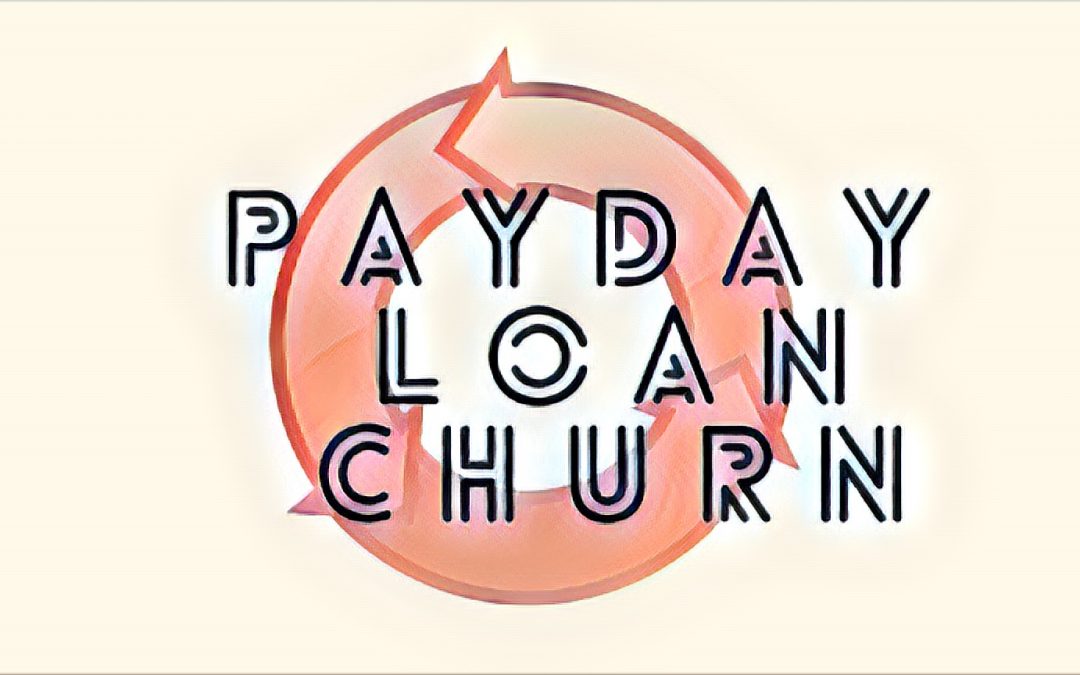Sulphur Springs City Council Unanimously Favors Restrictions on Payday Lending by John Litzler

[adning id=”33097″]
Tuesday night the Sulphur Springs city council presented a first reading of a local ordinance that will place restrictions on credit access businesses more commonly referred to as payday lenders. Payday lenders in Texas exploit a legal loophole by charging “fees” associated with obtaining an extension of consumer credit. These “fees” are not capped and are not considered interest when determining compliance with usury laws. Sulphur Springs joins over 50 other municipalities state-wide that have taken steps to close that loophole.
City Manager Marc Maxwell said Sulphur Springs was following Texas’ 2017 legislative session to see if our state government would regulate payday lending at the state level, but it did not. If Texas did pass state regulations on payday lending, it is likely the state law would preempt local ordinances. But the Texas legislature has remained indifferent to the plight of those exploited by the industry’s predatory lending practices.
Just last week, the Consumer Financial Protection Bureau (“CFPB”), a federal government agency responsible for consumer protection in the financial sector, released a proposed rule to regulate the industry across the United States. The CFPB, however, has faced legal challenges to its existence since its inception in 2010. Many see the CFPB as an example of federal overreach. Without federal or state regulation, the industry had gone unchecked until citizens began fighting back at the local level.
Pastors Joel Tiemeyer of The Way church and Mark Bryant of First Baptist Church both spoke in favor of the ordinance. Councilmen Froneberger, Sellers, and Walker all spoke about the importance of passing the ordinance. Froneberger emphasized the importance of the community while Walker called the lending practices that the ordinance targets “unconscionable”. After the public discussion, the city council unanimously voted to pass the payday lending ordinance without changes to the proposed language.
What the payday lending ordinance will do:
First, the ordinance will require credit access businesses to register with the city and keep accurate records of their business. This requires the industry, which was previously unregulated, to operate more transparently.
Additionally, payday lenders will have to base the amount of the loan on the borrower’s monthly income (or in the case of a vehicle at least 70% of the fair market value of the vehicle). Payday lenders may not allow a borrower to renew/refinance a lump sum payment more than three times and each time the loan is refinanced, at least 25% of the money paid must be applied to the principal of the loan. These rules are designed to end the cycle of debt and ensure that borrowers are not constantly paying high interest rates on the same original loan.
A final important aspect of the ordinance is the requirement that lenders provide references to non-profit agencies that provide financial education and training programs when borrowers obtain credit extensions. Councilman Sellers commented how he’s seen firsthand the dangers of financial illiteracy. He desires financial literacy to be taught in schools. My father, James Litzler, a local attorney for 30 years, also spoke about the affect he’s seen of the payday lending industry on bankruptcy clients. Payday lenders insist that they operate for the good of the borrower and that their loans are not intended to be long term solutions. Providing borrowers with knowledge about resources for financial education is an important aspect of the solution.
Why a lawsuit by payday lenders would be ill-advised:
The payday lending industry spends an average of more than $5 million a year on lobbyists to defeat legislation that would regulate their business. The industry has proven that it won’t accept regulation without a fight. So far, however, the industry has been unsuccessful in challenging this ordinance.
Payday lenders first challenged the Dallas ordinance, and lost. They appealed the case to the Firth District Court of Appeals but in May of 2014, they lost on appeal as well. Payday lenders challenged the same ordinance in San Antonio, but the lawsuit was dismissed in 2014. On June 4, 2015 the Ft. Worth Court of Appeals ruled in favor of the City of Denton when ACE Cash Express challenged the city’s ordinance. ACE appealed and the appeal was dismissed. ACE then petitioned the Supreme Court to hear the case, but on June 16, 2016 the Supreme Court denied ACE’s petition effectively ending the dispute in favor of the City of Denton. In March, payday lenders landed an apparent victory when a municipal judge ruled that the City of Austin’s payday lending ordinance was preempted by state law. But Austin appealed the decision to the Travis County Court. Just last month the Travis County Court reversed the decision of the municipal court and sided with the City of Austin.
Payday lending companies have fought this battle in jurisdictions all over Texas and have lost. They would be better served spending their ill-gotten gains on re-election campaigns for Texas legislators and lobbying during the 2019 legislative session.
What’s Next:
The council will present a second reading of the ordinance next month. If the council enacts the ordinance, it will be effective beginning January 1, 2018.

John Litzler directs the Church Law division of Christian Unity Ministries in San Antonio. He is a graduate of the University of Texas and Baylor Law school. He is a member of the SSHS class of 2004.
[adning id=”33207″]
[adning id=”33207″]
[adning id=”33207″]













